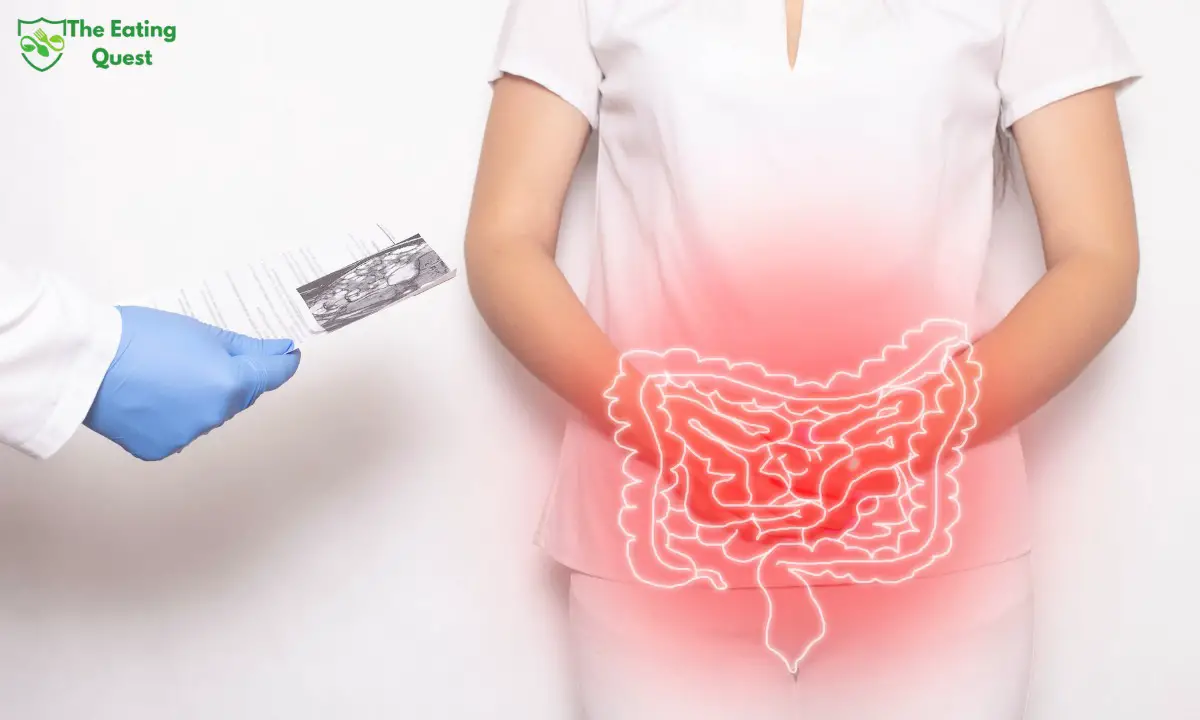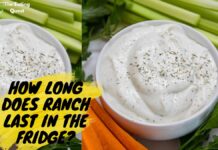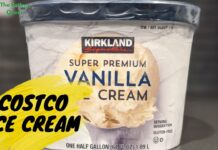After a colonoscopy, it is common for patients to wonder what they can eat. One question frequently arises is whether eating pizza after the procedure is safe. The answer is not straightforward, as it depends on a few factors.
First, it is essential to consider what type of crust the pizza has. Pizza with a thin crust is generally easier to digest than a thick or stuffed crust. Additionally, avoiding toppings high in fat, such as pepperoni or sausage, is essential as they can be challenging to digest and may cause discomfort.
Ultimately, whether or not someone can safely eat pizza after a colonoscopy will depend on their circumstances. Patients should consult their doctor to determine what foods are safe and when to resume their regular diet.
Can I Eat Pizza After a Colonoscopy?
Many people wonder if they can eat pizza after a colonoscopy. The answer is not straightforward and depends on several factors.
Firstly, it is essential to note that after a colonoscopy, the patient is often advised to avoid solid foods for some time. This is because the procedure can cause irritation and inflammation in the digestive tract, and eating solid foods too soon can exacerbate these symptoms.
Once the patient is ready to resume eating solid foods, choosing foods that are easy to digest and unlikely to cause further irritation is essential. Pizza, typically high in fat and difficult to digest, may not be the best choice.
However, if the patient is feeling well and has no symptoms of digestive distress, they may be able to tolerate pizza in moderation. Choosing a pizza with a thin crust and light toppings, such as vegetables or lean protein, is essential rather than heavy meats or extra cheese.
Ultimately, the decision to eat pizza after a colonoscopy should be made in consultation with a healthcare provider. They can provide personalized recommendations based on the patient’s needs and medical history.
What to Eat After a Colonoscopy
Immediate Post-Procedure Diet
After a colonoscopy, following a clear liquid diet for the first few hours is recommended. This includes water, broth, tea, apple juice, and sports drinks. Avoid drinking anything with red or purple dyes, as it can be confused with blood during the procedure. Carbonated drinks should also be avoided as they can cause discomfort and bloating. Staying hydrated and drinking plenty of fluids is essential to replace any fluids lost during the procedure.
If the patient feels well and has not experienced any complications, they may progress to a completely liquid diet. This includes foods such as milk, yogurt, pudding, cream of wheat, and smoothies. It is essential to avoid any foods with seeds, nuts, or chunks that can irritate the colon.
Reintroduction of Solid Foods
Once the patient has tolerated the complete liquid diet, they may progress to a low-fiber diet. This includes white bread, pasta, cooked vegetables, and lean meats. It is essential to avoid high-fiber foods such as whole grains, fruits, and vegetables, as they can be challenging to digest and cause discomfort.
After a few days of a low-fiber diet, the patient may gradually reintroduce high-fiber foods. This includes whole grains, fruits, and vegetables. Introducing these foods slowly and monitoring for any discomfort or changes in bowel movements is essential.
It is recommended to avoid spicy, greasy, or fried foods for the first few days after a colonoscopy as they can cause discomfort and irritation. It is also essential to avoid alcohol and caffeine as they can cause dehydration and irritate the colon.

Foods to Avoid After a Colonoscopy
After a colonoscopy, being cautious about what foods to eat is vital to avoid complications. Here are some foods to avoid:
Spicy or Acidic Foods
Spicy or acidic foods can irritate the digestive system and cause discomfort. It is best to avoid foods such as hot sauce, chili peppers, citrus fruits, and tomatoes.
High-Fiber Foods
High-fiber foods can be challenging to digest and may cause bloating and gas. It is best to avoid foods such as whole grains, nuts, seeds, and raw fruits and vegetables.
Alcohol and Caffeine
Alcohol and caffeine can cause dehydration and may irritate the digestive system. It is best to avoid alcoholic beverages, coffee, and tea.
After a colonoscopy, it is essential to introduce foods back into the diet gradually. Start with small, easily digestible foods and gradually add more variety as tolerated. Consult with a healthcare provider for specific dietary recommendations.
Conclusion
After a colonoscopy, it is crucial to follow the dietary instructions given by the doctor. Patients should avoid eating solid foods until the effects of the anesthesia wear off. Once patients feel comfortable and alert, they can start with clear liquids and gradually move on to solid foods.
When eating pizza after a colonoscopy, it is best to wait a few days before consuming it. Pizza is a heavy and greasy food that can be difficult to digest, especially after a medical procedure. Patients should stick to light and easy-to-digest foods such as broth, gelatin, and plain rice for the first few days after a colonoscopy.
If the patient craves pizza, they can opt for a healthier version with a thin crust, light cheese, and vegetable toppings. This will make it easier to digest and less likely to cause discomfort or bloating. It is also important to avoid spicy or acidic toppings that can irritate the digestive system.
Also Read:
















